YOU ARE BOUVÉ
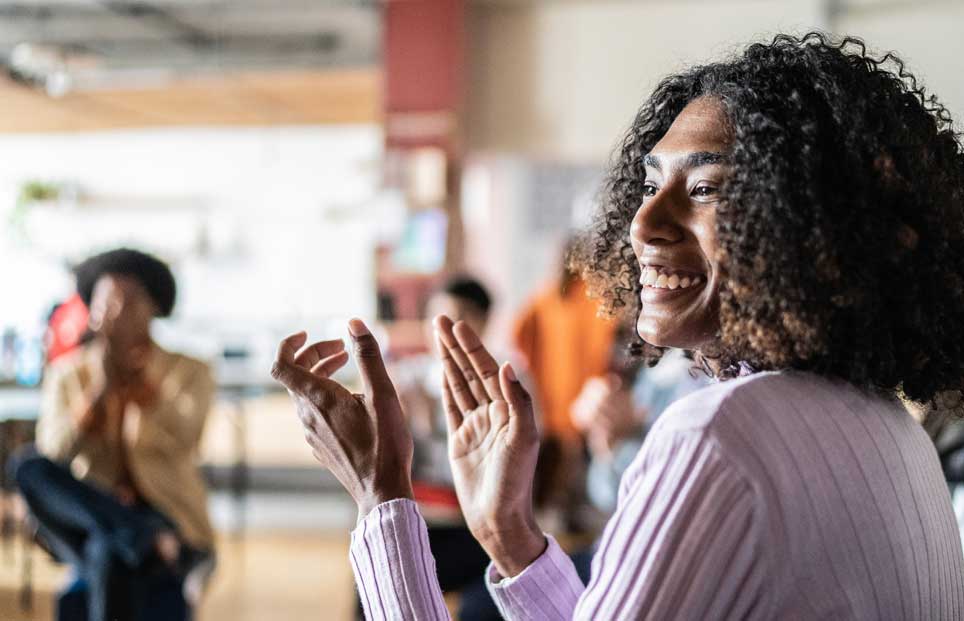
The Ph.D. Program in Counseling Psychology offers doctoral education and training in psychology and prepares students for entry-level practice in counseling psychology.
Doctoral-level counseling psychologists conduct research, teach at the university level, supervise students and professionals, consult with community agencies, and provide clinical services to people across the developmental lifespan.


Counseling psychologists also enhance the science of health promotion and health psychology and emphasize community-based interventions.
Degree type:
– Counseling Psychology PhD
Study options:
– Boston campus
– Full-time
Application Deadline: Dec 1, 2023
Note: Official TOEFL or IELTS* required
Our clinical training prepares counseling psychologists to work in various settings with individuals presenting with a variety of psychological and health-related issues. We emphasize an ecological model that encourages the conceptualization of relationships and research across multiple systems: biological, cultural, and relational.
These relationships occur in various social contexts, including families, schools, neighborhoods, and communities. At least two years of intensive clinical training is required. This preparation includes advanced fieldwork at various mental health settings in the Boston area. Students are expected to be at their site for 20 hours each week. Approximately half of their time is direct service delivery.
Training goals include advanced skill development in behavioral observations, interviewing, psychological assessment, counseling, and treatment planning and practice, consultation, effective use of supervision, and an understanding of and commitment to the profession’s ethical codes. Students must complete a one-year, full-time pre-doctoral internship that has been approved by the program.
The PhD in Counseling Psychology at Northeastern University is accredited by the Commission on Accreditation of the American Psychological Association and meets the “Guidelines for Defining ‘Doctoral Degree in Psychology’” as implemented by the ASPPB/National Register Designation Project.
Therefore, a graduate of this designated program who decides to apply for licensure as a psychologist typically will meet the jurisdictional educational requirements for licensing. However, individual circumstances vary, and, there may be additional requirements that must be satisfied prior to being licensed as a psychologist, potentially including specific clinical practice supervision requirements at the advanced practicum, internship, and post-doctoral level.
Students should contact the state/provincial/territorial licensing board in the jurisdiction in which they plan to apply for exact information. Additional information including links to jurisdictions is available on the ASPPB’s website. For questions about the PhD in Counseling Psychology as it relates to doctoral psychology licensure, please contact Program Director Christie Rizzo.
Students will enter the program with a master’s degree. It is anticipated that the time to completion is a minimum of four years.
Total 62 Credits
The curriculum is subject to change so please also check the university catalog.
Candidates for admission are expected to meet the following requirements:
Master’s degree in psychology or related field
Strong academic record (3.5 GPA and above preferred)
Demonstrated interest in and commitment to counseling psychology
Official TOEFL or IELTS*
Three letters of reference
Personal statement. The applicant may wish to highlight:
Completed application (due December 1)
Personal interviews with the faculty and current students will be held in February
Christie Rizzo, PhD
Program Director
617-373-2486
Or contact our Graduate Enrollment team.
The Counseling Psychology PhD program will not require students to submit GRE (General Test of the Graduate Record Exam) scores for the Fall 2023 admissions cycle. Applicants who have taken or are planning to take the GRE may submit their scores if they choose. Those applicants choosing not to submit GRE scores will not be negatively impacted in the admissions decision process. Applications will be evaluated based on all materials provided.
Admission is based on evaluation of the above factors, previous relevant experiences, and your fit within our program. The program faculty reviews your credentials to assess the likelihood of your successful completion of the program and your potential for contribution to the field of counseling psychology and the community at large.
Rachael Rodgers
Jessica Edwards George
Christie Rizzo
William Sanchez
Tracy Robinson-Wood
Laura Dudley
…
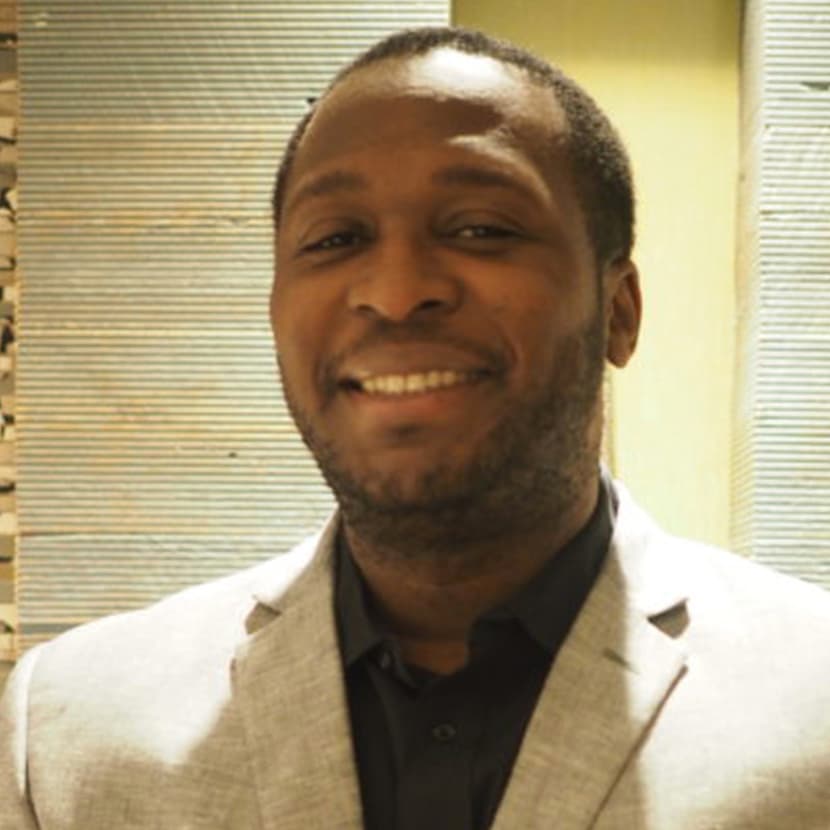
Babatunde Aideyan received a BA in Psychology from Emory University and an MA in Counseling from Northwestern University. Tunde began the Counseling Psychology program in 2018 and is a PhD candidate at Northeastern University. He has several years of work experience in corporate work environments where he developed data analysis and survey research skills.
At Northeastern, Tunde has researched with his advisor, Dr. Jessica Edwards George, the neurocognitive effects of gluten exposure in individuals with celiac disease. While obtaining his master’s degree, Tunde interned at a community mental health agency that supported group home and foster care residents, as well as in a private practice setting.
At the doctoral level, Tunde spent a year at Butler Hospital administering neuropsychological assessments for individuals presenting with memory problems; he is currently co-facilitating resilience training groups at the MGH Resilience and Prevention Program.
Clinically, Tunde is interested in breathwork practices, health psychology, and strength-oriented counseling. His research interests involve using artificial intelligence methods for improving mental health diagnosis and prognosis.

Payton Bruland has been a doctoral student in the Counseling Psychology program at Northeastern University since the Fall of 2019. She earned her Bachelor’s degree in Psychology from Seattle Pacific University and her Master’s degree in Clinical Mental Health Counseling at Gonzaga University.
At Northeastern, Payton works on the SNAP/Social Research team with Dr. Christie Rizzo and the More Fun with Sisters and Brothers (MFWSB) team with Dr. Laurie Kramer. Her research interests align with each of these labs, examining both protective and risk factors among children and adolescence in the areas of emotion regulation and interpersonal relationships.
Payton also has an interest in the ways childhood trauma affects outcomes in adolescence and later life. Clinically, she has worked with children, adolescents, and their families in a variety of settings, including outpatient and inpatient services.
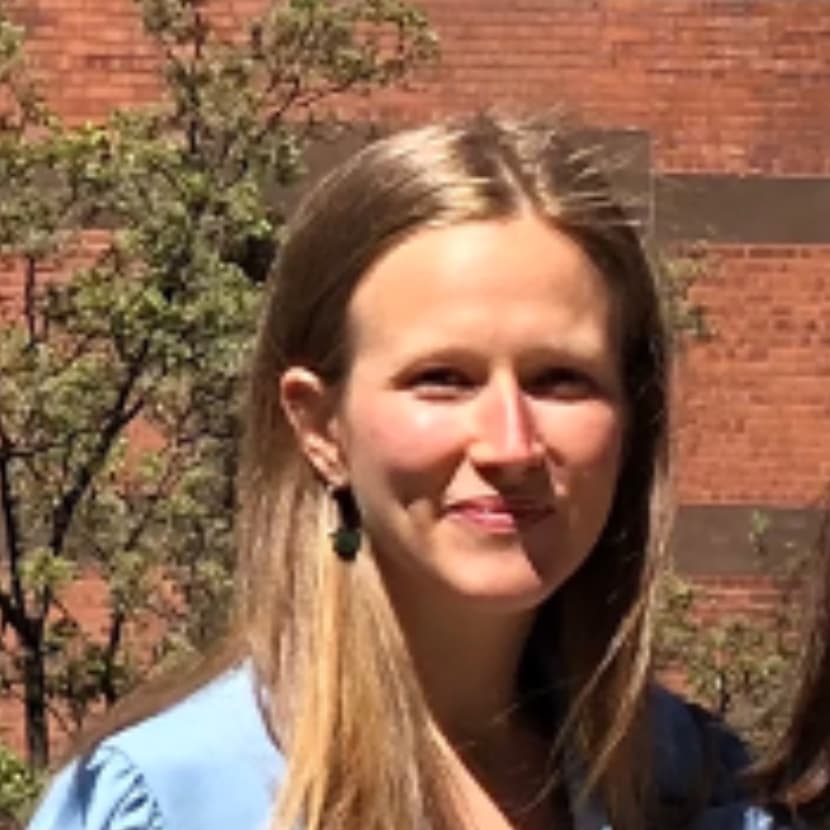
Elizabeth (Libby) Collier enrolled in the Counseling Psychology Ph.D. program at Northeastern in the fall of 2021. Prior to her move to Boston, Libby received an M.A. and Ed.M. in Psychological Counseling from Teachers College, Columbia University. Libby’s clinical fieldwork placement was at Mount Sinai Hospital where she conducted group therapy and individual therapy sessions involving dual diagnosis patients.
During her master’s program, she also spent time in two research labs affiliated with New York University and Columbia University that focused on youth mental health. These studies focused on interventions for adolescents at clinical high risk for psychosis and systems-level interventions concerning youth involved in the juvenile justice system.
Libby is in the Adolescent Relationships and Risk Behavior Lab under the mentorship of Dr. Christie Rizzo. She hopes to continue to work alongside youth at-risk of becoming involved in the juvenile justice system and is interested in mentorship as a facilitator of positive youth development.
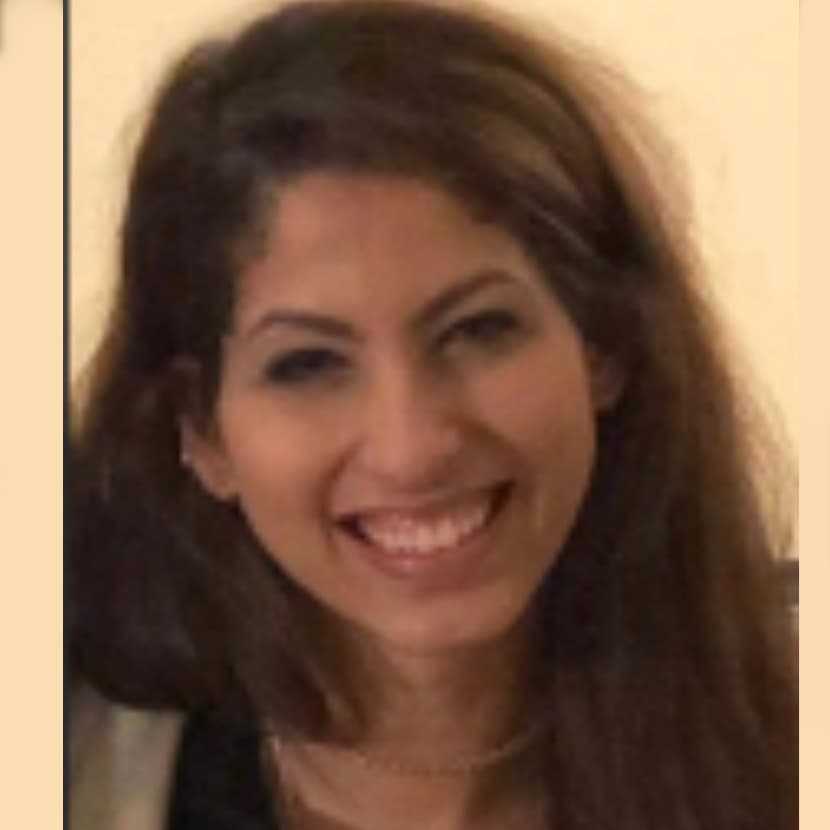
Jaylan Abd Elrahman, (She, Her) received her B.A. in Psychology from Wellesley College and her M.Ed. in Human Development and Psychology from Harvard University’s Graduate School of Education, with a concentration in Child Advocacy.
She is currently a member of the Intersectionality Research Lab and her primary research interests rest at the nexus of adolescent identity development, trauma, culture and social change. She previously served in various research roles at Research Triangle Institute (RTI) International, Brookings Institution and Harvard University’s Edmond J. Safra Center for Ethics.
She has been actively involved in facilitating healing justice, youth development and community-based work across the nation for the last nine years, primarily with and for refugee, migrant, and young women of color. She welcomes all connections and can be reached at [email protected].
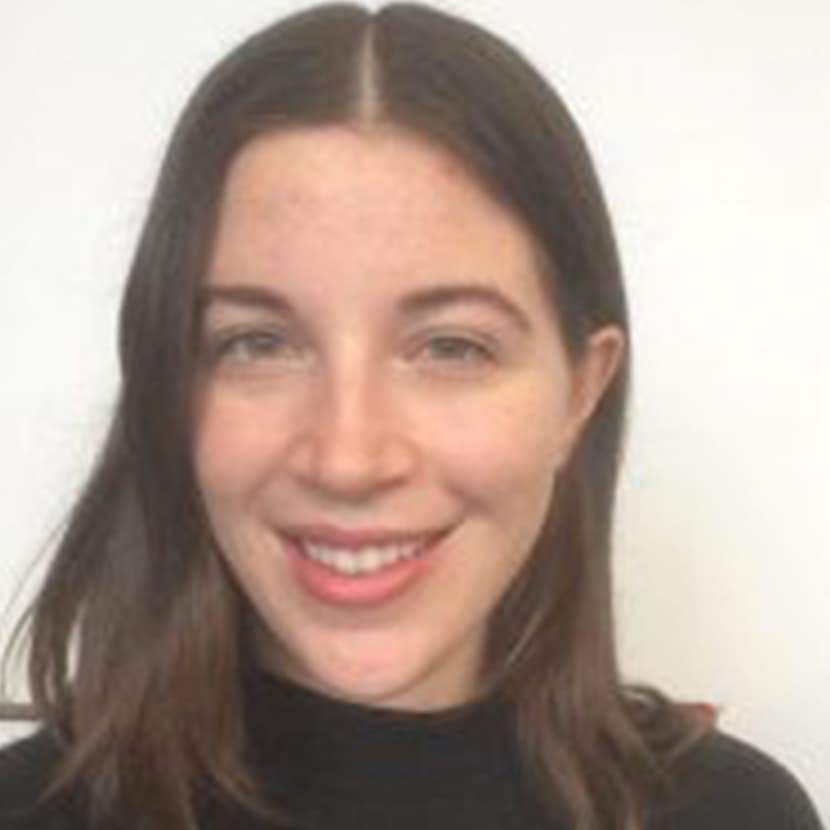
Laura Fischer received a B.A. in Psychology from the University of Rhode Island and an M.S. in Psychology from Drexel University in Philadelphia.
She has held positions across a variety of clinical, research, and community mental health settings, including the Center for Anxiety and Traumatic Stress Disorders at Massachusetts General Hospital, and the National Alliance on Mental Illness.
Her primary clinical and research interests include empirically supported treatments for anxiety disorders, mindfulness-based interventions, and the implications of intersecting identities for mental and physical health.
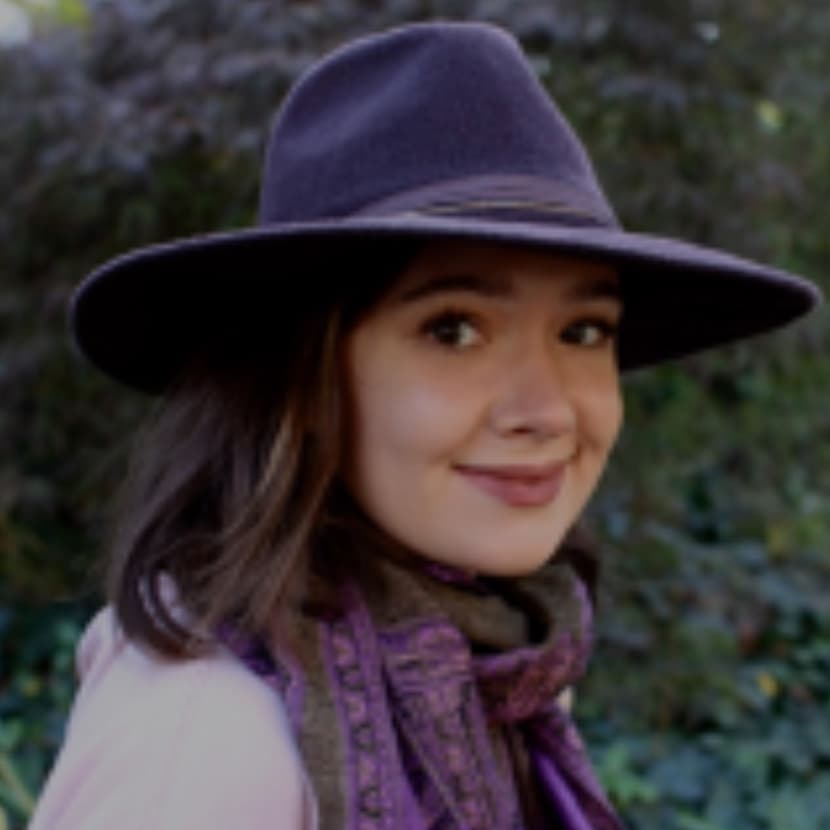
Ruthann Hewett has been a doctoral student in the Counseling Psychology Ph.D. program since the Fall of 2021. She holds a dual BA from Brandeis University in Psychology and Health: Science, Society & Policy (2016), as well as an MS from Northeastern University’s Counseling Psychology master’s program (2020).
She is a member of the Intersectionality Research Team under the supervision of Dr. Tracy Robinson-Wood. She has worked on research projects with the Intersectionality team including a study of the racial socialization experiences of biracial adults.
Prior to beginning her MS, she worked as a research coordinator at Massachusetts General Hospital in the Psychiatric and Neurodevelopmental Genetics Unit. She has also worked as an intern clinician at the Therapeutic After School Program at the Home for Little Wanderers, and as a clinician at the Therapeutic After School Program at the Italian Home for Children.
Her interests include examining oppressive power systems operating within mental health treatment facilities, particularly state funded institutions, and interrogating how these systems can be modified to better serve clients with intersecting marginalized identities.

Katherine Laveway is a Ph.D. student in Counseling Psychology and a member of the Applied Psychology Program for Eating and Appearance Research (APPEAR) team since the Fall of 2020. She received her M.S. in Counseling Psychology from Northeastern University and her B.A. in English and Music from Wellesley College.
During her master’s training, Katherine gained clinical experience working in inpatient and outpatient settings at UMass Memorial Medical Center. Katherine’s research interests include body image and eating concerns among queer and trans individuals. She is particularly interested in sociocultural constructions of gender, experiences of weight stigma, and the role of social media on the psychological health of young people.
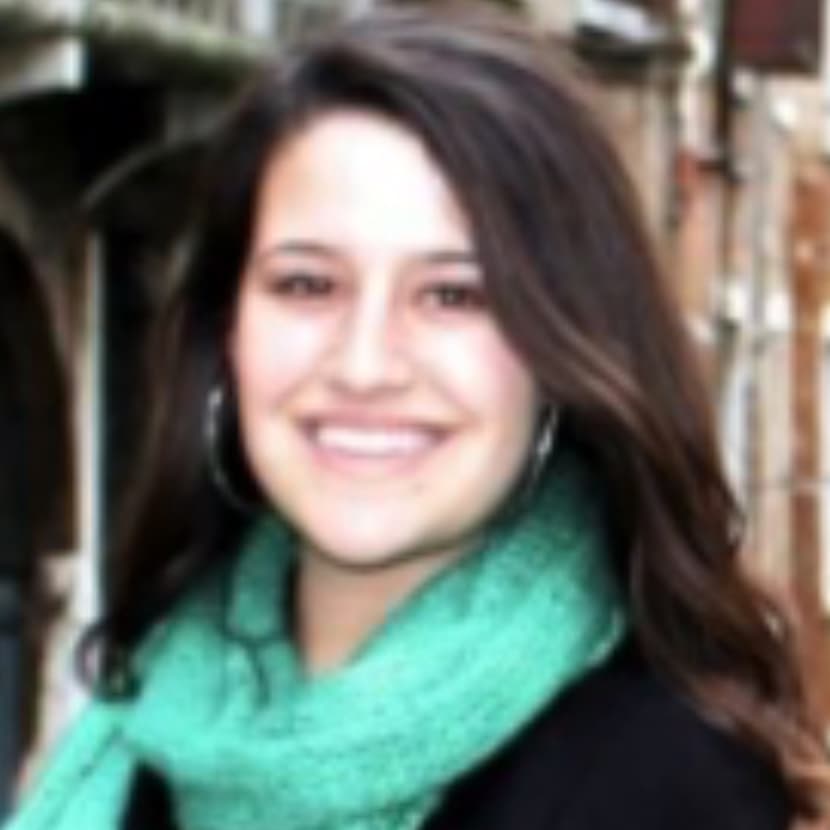
Madeline Manning has been a PhD student in the Counseling Psychology program at Northeastern University since the Fall of 2017. She received her B.A. in Psychology and Communications from Stonehill College (2015) and her M.A. in Mental Health Counseling and Behavioral Medicine from Boston University School of Medicine (2017). She will be completing her pre-doctoral internship at Nicklaus Children’s Hospital in the Neuropsychology Track with the goal of pursuing a career in Pediatric Neuropsychology.
Prior to beginning her doctoral training, Madeline worked as a mental health counselor in the adult inpatient psychiatric unit at Tufts Medical Center. She also worked as a clinical research assistant at the Pediatric Anxiety Research Clinic (PARC) at Bradley Hospital and the Division of Child and Adolescent Psychiatry at Rhode Island Hospital where she helped conduct research on the dissemination of treatment for Obsessive-Compulsive Disorder/other anxiety related disorders in children and exploring factors which impact adolescent suicidality post-inpatient level of care.
During her graduate training, she completed clinical practicum experiences at Brigham and Women’s Hospital Department of Cognitive and Behavioral Neurology, Rhode Island Hospital Pediatric Neuropsychology Program, Pediatric Neuropsychological Assessment at Butler Hospital Adolescent Inpatient Psychiatric Unit, Hasbro Children’s Sleep Disorder Clinic, Hasbro Children’s Partial Hospitalization Program, Boston Children’s at Martha Eliot Health Center (Mental Health Clinic and Early Intervention Program), and Franciscan Children’s Hospital Community Based Acute Treatment (CBAT) Unit.
She is part of the Adolescent Relationships and Risk Behavior Research Lab and the More Fun with Sisters and Brothers Research Lab, and also completed the Early Intervention Certification Program at Northeastern. Madeline’s primary research interests include exploring the protective factors that promote resilience in children and adolescents, as well as integrating community and individual resilience to violence and trauma. Madeline also has interests in the areas of adolescent dating violence prevention, pediatric psychology, anxiety disorders, and mood disorders.
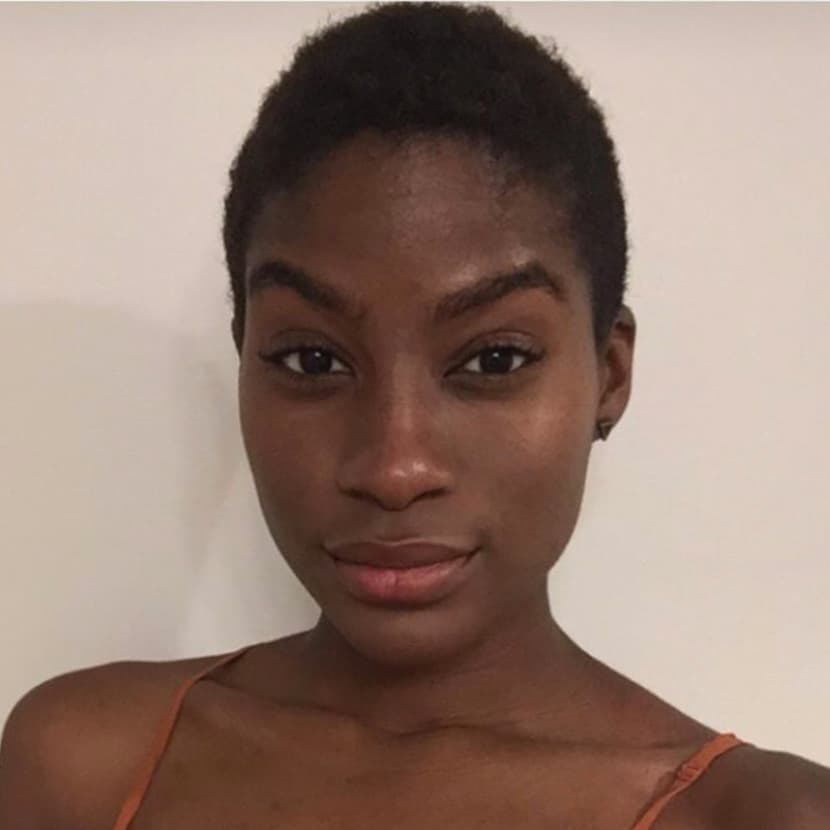
Chantal Muse received an M.A. from Chatham University and a B.A. from Duquesne University. Previously, she worked on a study examining how employment status effects the health and well-being of Sub-Saharan African women. Also, she held a clinical position at Western Psychiatric Institute and Clinic Acute Adult Trauma Unit and the Comprehensive Services and Recovery Unit. Her primary research and clinical interests are working with cancer patients, examining the patient-provider relationship, specifically the relationship between African-American women with breast cancer and white doctors, and health communication.

Briana Paulo previously studied at the University of Rhode Island for a B.A. in Psychology and Sociology, with a minor in Thanatology. She later earned a M.A. in Psychology Research from the University of Massachusetts Dartmouth in 2017. Briana came to Northeastern University in the Fall of 2020 with clinical experiences in a variety of settings with children and adolescents who experience a range of social, behavioral, and emotional difficulties. She also held a clinical research position at the Pediatric Anxiety Research Center (PARC) at Bradley Hospital, where she led outreach and collaboration efforts with schools, pediatric office, and other community partners, conducted semi-structured diagnostic assessments, and facilitated in-home/in-community exposure and response prevention (ERP) sessions with children and adolescents.
Briana currently works with the Dating Violence and Relationship Risk Prevention Team, led by Dr. Christie Rizzo. Her work in this lab involves studies that assess health-related behaviors and interpersonal communication patterns of juvenile-justice involved teens to understand risk and protective factors of dating violence. Briana’s research and clinical interests lie in socioemotional and behavioral issues in children/adolescents of traditionally marginalized populations and increasing awareness of and access to mental health resources.
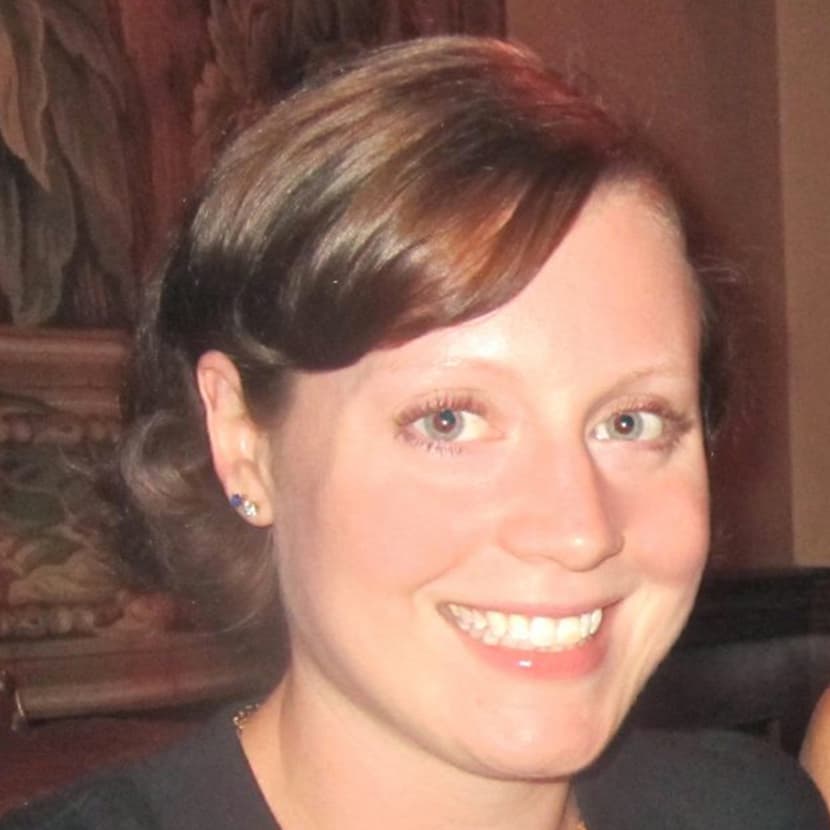
Lisa Rines-Toth received her Master of Arts and Master of Education degrees in Psychological Counseling from Teachers College, Columbia University. She also holds a BA in English Literature from Columbia University. Prior to beginning her doctoral studies at Northeastern, Lisa worked at St. Luke’s-Roosevelt Hospital in New York City as a clinician in the psychiatric emergency department. Lisa’s primary research and clinical interests are in the general areas of integrated behavioral care, crisis intervention, addiction and mindfulness & yoga. Lisa currently works as a counselor in the Department of Psychiatry at Boston Medical Center.
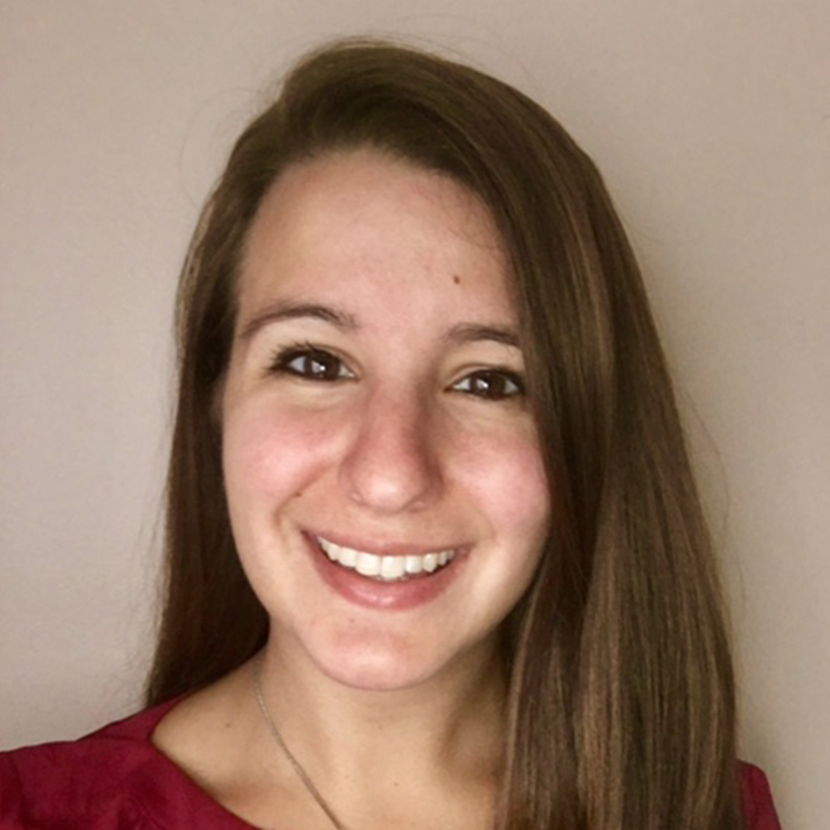
Kaitlyn Schneider received an M.S. from Villanova University and a B.S. from Worcester Polytechnic Institute. Her primary research interests are in the areas of domestic violence, attachment, and trauma. Her previous work has explored the development of a rater-based method to measure secondary attachment strategies enacted within the maternal-fetal attachment relationship. She has also previously worked clinically with clients experiencing domestic violence.
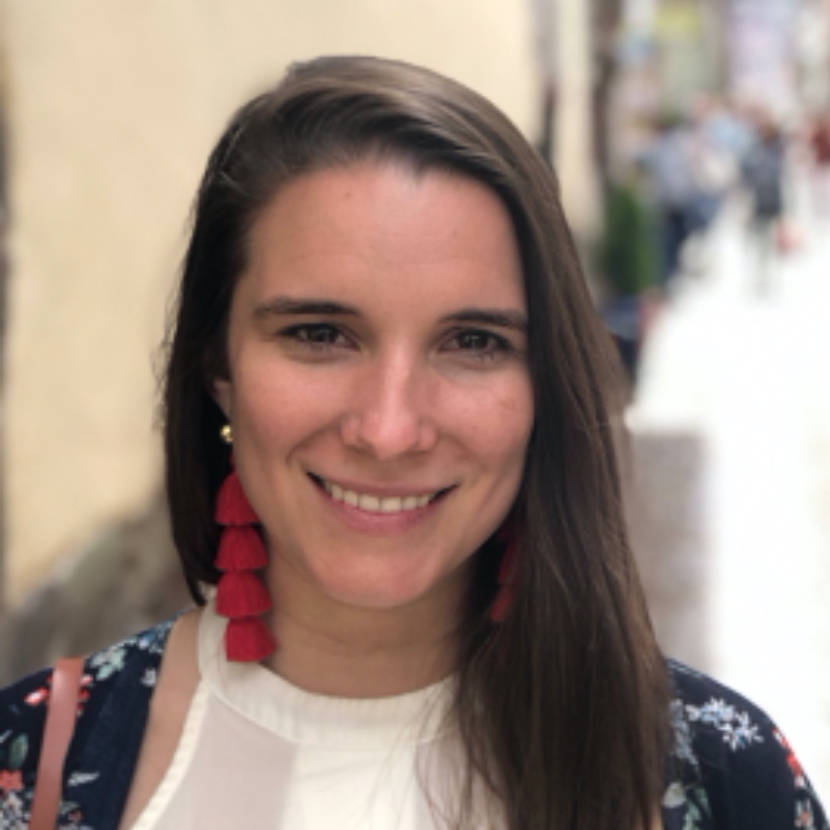
Isabella “Isa” Sereno has been a PhD student in the Counseling Psychology program at Northeastern University since the Fall of 2020. Isa received a BS in Psychology from the University of Central Florida and an MA in Counselor Education, Clinical Mental Health Track, from Virginia Tech. Isa worked as a treatment coordinator at the Latinas y Niño’s Center in Casa Esperanza Inc., a substance abuse residential program for Latinx women in recovery and their children, where she worked closely with monolingual Spanish-speaking women and their families. Isa also worked as a clinical research coordinator II at the Massachusetts General Hospital’s Cancer Outcome Research and Education program (CORE), helping conduct research in palliative care for patients diagnosed with advanced cancer and their caregivers. She is a part of the APPEAR lab and is working under the mentorship of Dr. Jessica Edwards-George and Dr. Rachel Rodgers. Isa will be completing her advanced fieldwork practicum at Martha Eliot Health Center/Boston Children’s Hospital. She is fluent in Spanish and is interested in understanding racial and ethnic disparities that affect the caregiver experience within health settings, particularly parents of children with complex care needs.
We train multiculturally competent counseling psychologists who are:
(i) Research
(ii) Ethical and legal standards
(iii) Individual and cultural diversity
(iv) Professional values, attitudes, and behaviors
(v) Communications and interpersonal skills
(vi) Assessment
(vii) Intervention
(viii) Supervision
(ix) Consultation and interprofessional/interdisciplinary skills
To prepare graduates for the role of professional psychologists, to include advanced skill development in behavioral observations, interviewing, psychological assessment, counseling and treatment planning and practice, consultation, effective use of supervision and an understanding of and commitment to the profession’s ethical codes.
Objective 1A: Students will be exposed to various professional roles including student teaching, participation in research projects where they are mentored by faculty and mentor peers and/or junior colleagues.
To foster understanding and application of the scientific basis of clinical practice in psychotherapy and clinical assessment
To produce graduates who possess advanced and applied research skills within an ecological perspective
To produce graduates who are committed to and demonstrate ethical practice as counseling psychologists.
To produce graduates who are multiculturally competent across sources of difference, including race, ethnicity, gender, class, religion/spirituality, disability, and sexual orientation, in both clinical and research settings.
Objective 5A: Students will study, be mentored in, and be exposed to multicultural perspectives that stress the understanding of different worldviews and confronting forms of oppression.
To advance the field of counseling psychology using program strengths: (a) an interdisciplinary and interprofessional approach to clinical services provision and enhancement of the science of health promotion and health psychology; (b) stress on urban, community-based interventions using an ecological approach.